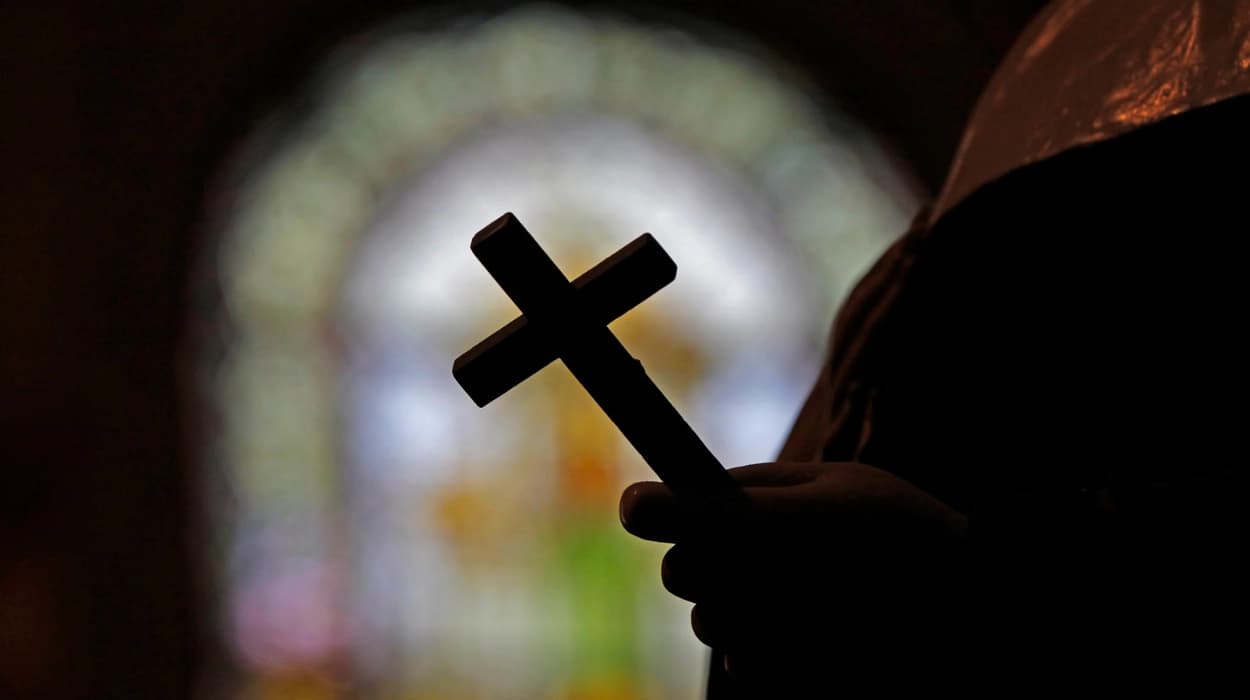Summary
- Victims of clergy abuse in New Orleans approved $230 million settlement.
- Nearly unanimous vote ahead of late October deadline.
- Settlement resolves claims from over 500 abuse survivors.
In a court filing Thursday morning, the archdiocese stated that, with the exception of a small number of bond holders who voted against it while suing the church and accusing it of securities fraud, the agreement was approved by an astounding 99.63% of creditors.
The church stated that "hundreds of survivors voted overwhelmingly to accept the plan," which includes agreements to release files on abusive priests and deacons and strengthen protections for children and vulnerable adults. The plan will distribute payments to victims of abuse based on points assigned for the severity and effects of the abuse. The church did not disclose the total number of votes cast.
More than 600 abuse survivors have submitted qualified claims, according to earlier reports from the church; nevertheless, it is uncommon for all claimants to have a say in the final payment proposal. However, a 99.63% approval rating would suggest that only two of them voted against the idea, even if they all submitted ballots.
For the idea to pass, at least two-thirds of the voters had to agree with it. At first, lawyers for a sizable group of abuse survivors declared they would vote against a plan that did not guarantee roughly $50 million of the $230 million linked to the church's impending sale of apartment buildings.
When the plan was changed to guarantee the $50 million, the lawyers for those survivors supported it.
While arguing against a legal move by bondholders who claimed fraud after the church withheld interest payments it had promised investors when they purchased the church's bonded indebtedness, the church acknowledged the overwhelming percentage of votes, even though the results of the vote were not expected to be announced until November 6.
The tentative date for the hearing to confirm the settlement arrangement is November 12.
In 2020, the archdiocese of New Orleans declared bankruptcy as a result of the global church's clerical molestation problem. According to data from Penn State University's law department, it is just one of the US Catholic dioceses or religious orders that have declared bankruptcy; as of Thursday, 28 of those cases had been resolved.
How does this settlement affect ongoing criminal investigations?
The $230 million ruin agreement approved by the victims doesn't directly affect ongoing felonious examinations into child sexual abuse by church in New Orleans. Felonious examinations are separate legal processes concentrated on executing felonious conduct, and agreements in civil or ruin cases do n't halt or resolve these felonious proceedings.
While the agreement provides fiscal compensation and checks for survivors through the civil system, felonious cases are pursued singly by law enforcement and prosecutors who decide whether to file charges grounded on substantiation and public interest. Courts generally don't apply agreements that try to stifle or suppress felonious executions, as felonious cases serve the public interest beyond individual claims.
Victims can accept civil or ruin agreements while felonious examinations and executions continue parallelly. The felonious justice process maintains its discretion and independence anyhow of private agreement agreements.

